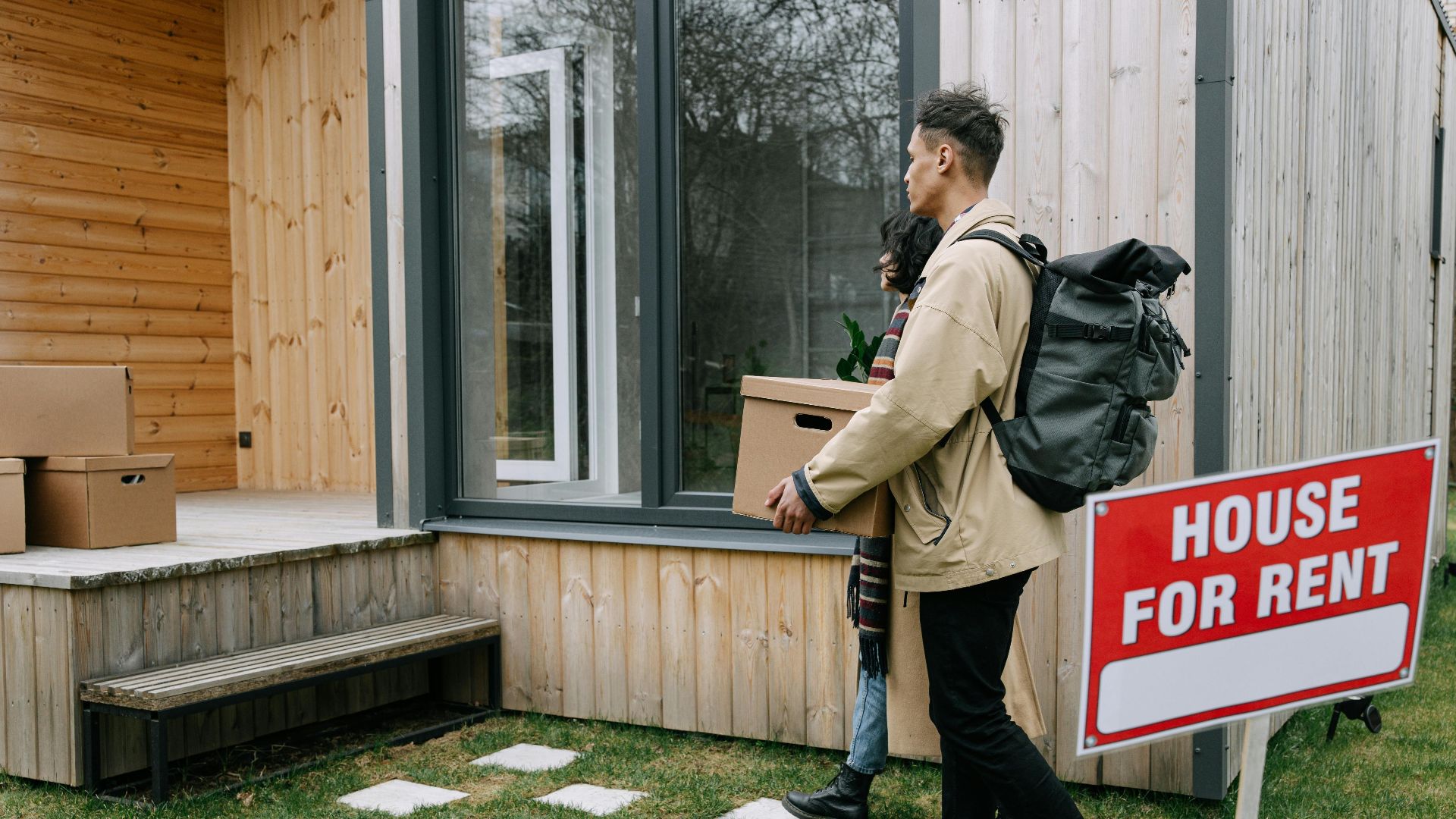Are You Looking To Make A Change?
It's easy to miss the early signs that something in your environment isn't clicking anymore. However, over time, small frustrations build into something harder to ignore. Here, we explore how to spot those signals—and what steps to take when the idea of moving starts to feel real. Let’s start with the signs.
1. You Feel Stuck In A Loop
Wake, work, eat, repeat—when routines turn into ruts, something deeper is at play. If every day blurs into the next and nothing changes, that’s stagnation. Even your favorite café might lose its flavor. So, break the cycle before your spirit accepts it.
2. Your Career Growth Has Hit A Wall
Opportunities can run dry in the same city that once nurtured you. Promotions stall and challenges vanish. Does your job feel like déjà vu? If it’s a yes, try a new zip code. It might hold the industry or projects that reignite your ambition.
3. You Dread Going Home
Returning home should bring peace, not a tight chest and tense shoulders. Whether it’s a loud neighborhood or emotional baggage tied to the walls, dread is a bright red flag. When your home doesn't restore you, it's time to draw a new map.
4. Your Cost Of Living Is No Longer Sustainable
Rent hikes and grocery spikes can silently drain you. If budgeting starts to feel like survival, your city may be pricing you out of peace. Some cities reward you with vibrancy and support—others only take. Know the difference before it’s too late.
5. You Have Outgrown Your Social Circle
People change, and so do relationships. When your circle no longer challenges or uplifts you, loneliness can sneak in. Ever felt more energized after texting someone new online than seeing old friends? Growth often means expanding your surroundings.
6. Your Mental Health Is Constantly Declining
Not every breakdown starts with trauma—sometimes, it's smog or chronic stress from urban overstimulation. Are your therapy sessions spent venting about your city? A calmer or more supportive environment could be the missing piece in your emotional wellness puzzle.
7. You Feel Disconnected From Nature
Concrete jungles offer culture and convenience, but what about stillness? If you can't remember the last time you walked barefoot on grass or heard a stream, you might be nature-starved. Outdoor time boosts serotonin. Maybe what you need is not meds but mountains.
8. You Fantasize Constantly About A New City
Browsing real estate in Portland or daydreaming about Asheville every Monday morning isn't always random. Your subconscious is sending signals through curiosity. These mental postcards are an insight. Where your mind wanders, your heart might belong.
9. You No Longer Feel Safe Or Welcome
If you flinch at footsteps behind you or brace for judgment in your own neighborhood, it's time to re-evaluate. Safety is non-negotiable. Neighborhoods evolve—sometimes for the worse. It’s normal to withdraw under threat. That gut instinct isn't paranoia but protection.
10. Your Interests No Longer Align With The Local Culture
Jazz clubs vanish. Bookstores become vape shops. The hobbies you love fade into memory. When your surroundings stop reflecting who you want to be, friction grows. Realignment often requires more than a mindset, like a new setting.
If any of that hits close to home, don't stress. Here's how to make moving feel less overwhelming—and a lot more doable.
1. Research Cities That Fit Your Lifestyle Goals
Get specific. Do you need walkable neighborhoods or a startup scene? Try Livability Indexes or city scorecards. A match on paper isn't always a match in life, but knowing your non-negotiables helps you weed out dead ends fast.
2. Calculate A Moving Budget Before Anything Else
Cost always matters. So, break your budget into categories: transport, deposits, setup fees, and emergencies. Don't forget surprise costs like pet registration or utility overlaps. You'll thank yourself later when stress doesn't sprout from an overgrown spreadsheet.
3. Test The Waters With A Short-Term Stay
Rent for a month or sublet for six weeks and see how it feels. You don't need to commit cold turkey. Platforms like Airbnb or trusted house swaps let you try before you transplant. Think of it as dipping your roots in new soil.
4. Declutter And Downsize Ahead Of Time
Stuff slows you down. Go room by room and ask what adds value. Selling, donating, or tossing what no longer fits your vision creates space—physically and emotionally. Like pruning a plant, letting go of weight makes room for healthy new growth.
5. Talk To Locals In Online Forums
Reddit threads and Facebook groups often hold more honest feedback than travel brochures. Ask about dog parks or noise at night. Most locals don't sugarcoat their cities, so you'll hear real stories, not sales pitches. Sometimes, a single thread changes your entire direction.
6. Consider The Job Market And Remote Options
Employment isn't just income but also connection and purpose. Research city-specific job trends and industry clusters. If your dream job only exists in three metro areas, compare them. Matching your income stream to your location is non-negotiable.
7. Use Apps To Compare Neighborhood Vibes
Apart from guessing and asking, look at the data. There are tools like Niche and CrimeGrade that can tell you about trends even locals stop noticing. Compare noise levels, commute times, school ratings, or nightlife density. Make your phone your scout.
8. Plan A Support Network Ahead Of The Move
Loneliness can hit hard after relocating. So, text those two old friends nearby. Join local forums or niche clubs in advance. Humans thrive in tribes, so you should not leave this to chance. Emotional roots take time, but early planting helps.
9. Be Emotionally Prepared For The Transition Curve
You'll feel a high, then a dip, before some balance returns. That's normal. Expect nostalgia, doubt, and even regret. Keep a journal or voice note log. Naming emotions will help you manage the storm instead of drowning in it.
10. Time Your Move Around Major Life Milestones
Graduations and relationship changes can act as psychological bridges. When you move during natural transitions like these, it offers more mental clarity and fewer loose ends. It’s like transplanting a tree—easier when old roots have already loosened on their own.




























